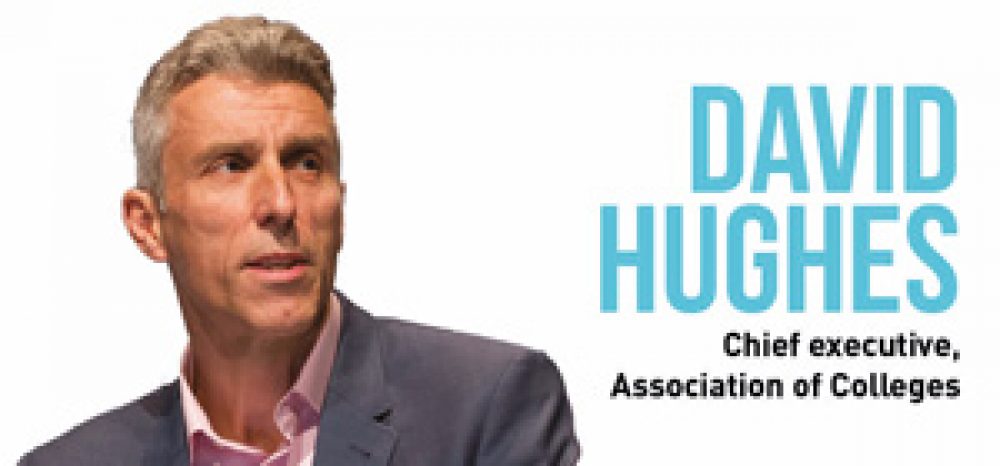It’s always nice to be at a big conference with people passionate about learning, skills, training and apprenticeships.
The FE Week Apprenticeship Conference at the ICC brings together a vital part of the education system: independent training providers, colleges, universities, awarding organisations, students and employers.
The diversity of the audience is part of its strength particularly given that everyone here wants make sure that the apprenticeship programme advances social mobility, improves productivity, enhances economic development, helps employers be successful and gives people real career opportunities
Back in 2011, when I was leading NIACE (now the Learning and Work Institute), we ran an inquiry with AoC and 157 Group (now Collab) chaired by Margaret Sharp, called ‘Colleges at the heart of their communities’.
It’s vital that colleges can confidently assert what they are good at
The report set out a simple but compelling vision to place colleges at the centre of the education system, working in partnership with local businesses, charities, local authorities and public-sector organisations. The college role was described as the “the dynamic nucleus” supporting and working with independent training providers, local authorities, universities and schools.
The report is still worth reading because unfortunately the years of austerity since then have got in the way of properly implementing this vision, as has the competition for scarce resources.
It’s vital that colleges can confidently assert what they are good at. However, they must also acknowledge, applaud and promote the distinct, vital and complementary roles played by school sixth-forms, independent training providers, local-authority adult education services, other colleges and universities.
As I visit AoC members around the country I see time and again, mutually beneficial partnerships between colleges and others.
In every case, success is dependent on clarity of purpose and outcomes with clear benefits to the learners, students, apprentices and employers. Meeting their needs often requires more than the college can do on its own, and every community needs a range of organisations to meet its needs.
Schools work with colleges to make the transition to post-16 learning smoother through careers guidance and taster days, and collaborate to ensure a wide curriculum offering to all young people.
Independent training providers subcontract or partner to meet the complete spread of needs for employers and the local or national labour market. Adult-education services develop outreach and progression pathways into college courses. Universities validate higher education and support students to move on from levels four and five into degree studies.
Partnerships are not of course the only thing happening between this set of organisations – in many cases, colleges sponsor academy schools and UTCs, bring training providers into the overall college group, manage the adult-education services directly and collaborate with universities on joint ventures.
We can agree or not about whether colleges are the “dynamic nucleus” – though as chief executive of the AoC, it won’t be difficult to work out my view on that one – but I am certain that we can agree that we need a range of different organisations to be effective in every community to have the lifelong learning culture we’re all striving for.
David Hughes is chief executive of the Association of Colleges








Your thoughts